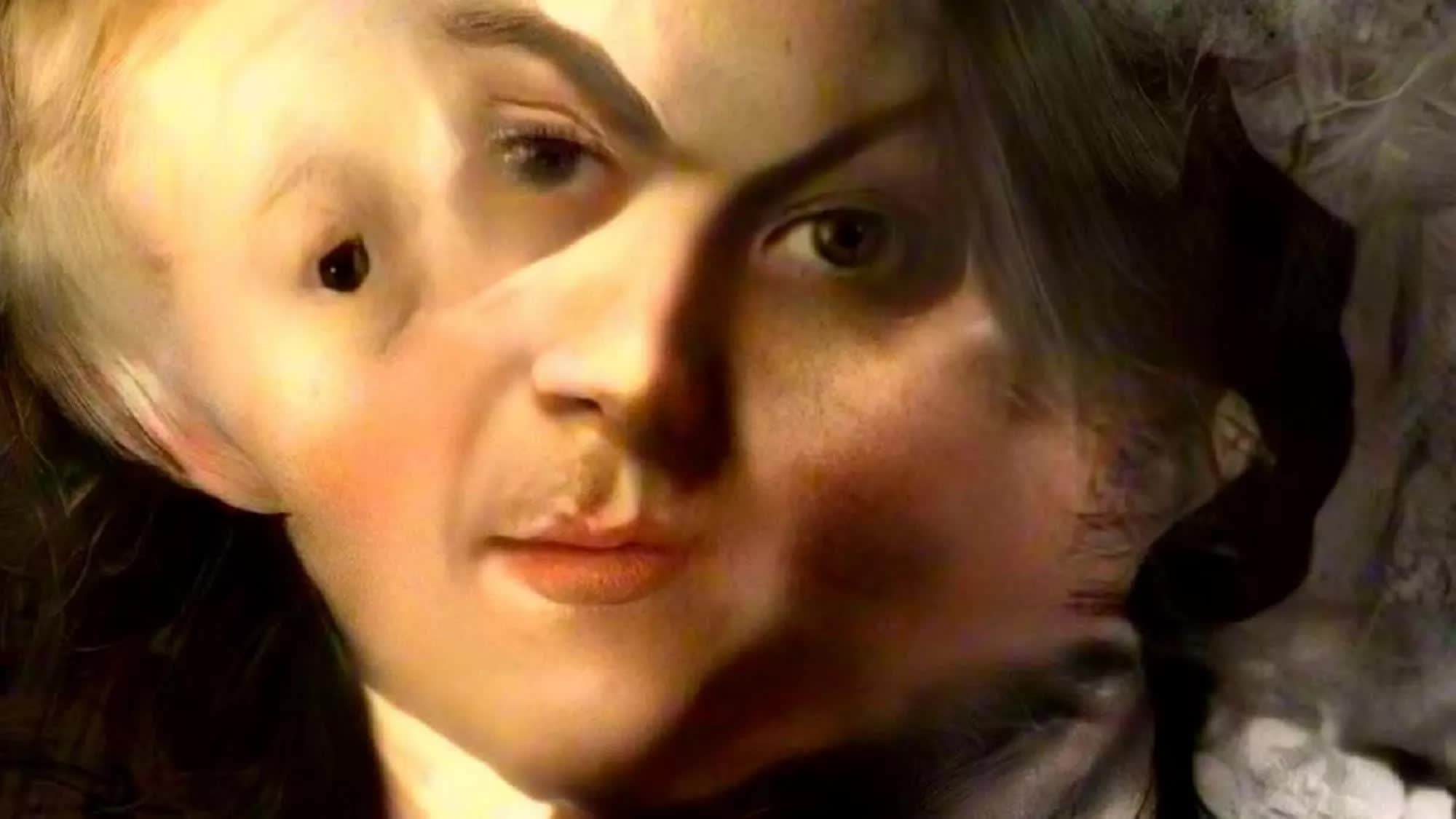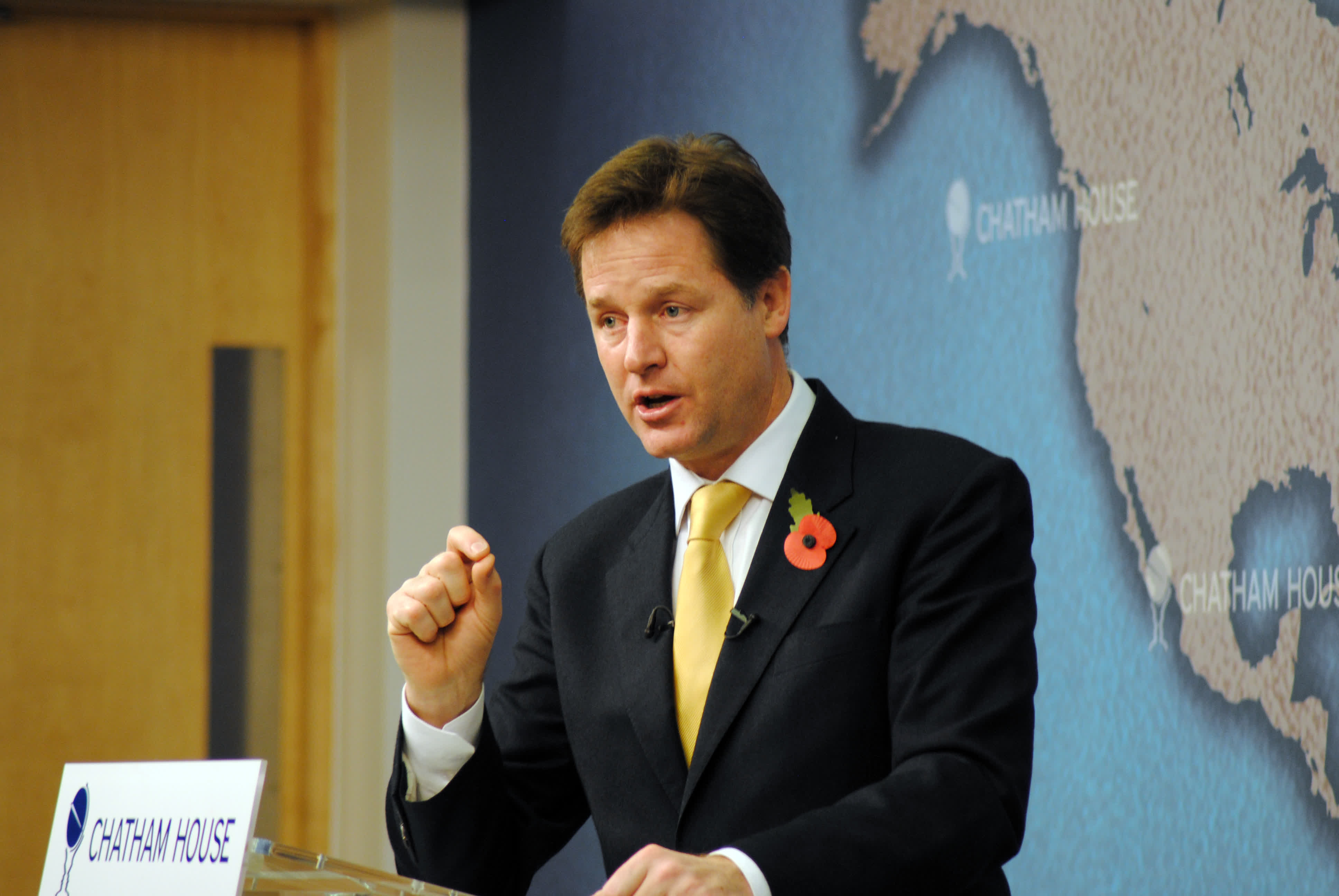Editor's take: The UK Parliament is debating the Data (Use and Access) Bill, a law set to regulate access to user and customer data. The bill could have a dramatic impact on the IT sector, particularly AI companies that aggressively collect vast amounts of human-generated data online to train their often unpredictable chatbots.

Former UK Deputy Prime Minister Nick Clegg says artificial intelligence companies shouldn't need to seek permission every time they use copyright-protected data. Speaking at a recent event to promote his book, "How to Save the Internet," Clegg – who previously served as a Meta executive – sided with the AI industry on the issue.
Forcing technology firms to comply with copyright laws – and notify rights holders when they use protected content to train artificial intelligence models – would kill the UK's AI industry "overnight," Clegg warned. The content is already publicly available, he argued, and AI systems need vast amounts of data to improve their reasoning.
Clegg argues that current copyright laws are incompatible with artificial intelligence, as requiring companies to obtain permission every time they train a model would render the entire technology unworkable. He believes artists and rights holders should be able to opt out of data scraping for AI training, but seeking individual confirmations isn't a viable solution.

"I think people should have clear, easy to use ways of saying, no, I don't. I want out of this," the former Meta VP said. "But I think expecting the industry, technologically or otherwise, to preemptively ask before they even start training - I just don't see. I'm afraid that just collides with the physics of the technology itself."
Clegg is focusing on the UK AI industry as politicians debate the new Data (Use and Access) Bill, which aims to regulate access to customer and company data. A coalition of artists and authors, led by film director Beeban Kidron, pushed to amend the law, requiring AI companies to disclose the data they use to train their models. However, parliament rejected the proposal.
In a recent op-ed in The Guardian, Kidron accused the government of essentially approving a plan to facilitate mass cultural theft. She said UK authorities are allowing AI companies to use copyrighted works freely while opting out of such practices would be impossible without proper transparency.
The government can certainly "bully its way to victory" and pass the bill by majority vote, but doing so would deal a catastrophic blow to Britain's creative industry. However, the fight isn't over. The draft will return to the House of Lords for a new vote on June 2.
AI will die "overnight" if copyright permission is enforced, says former Meta exec